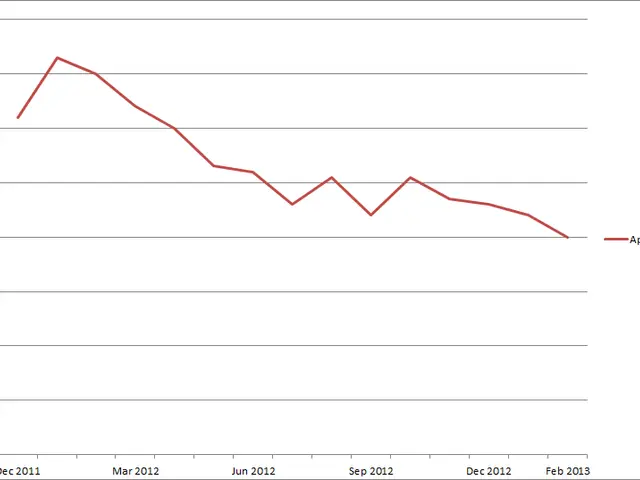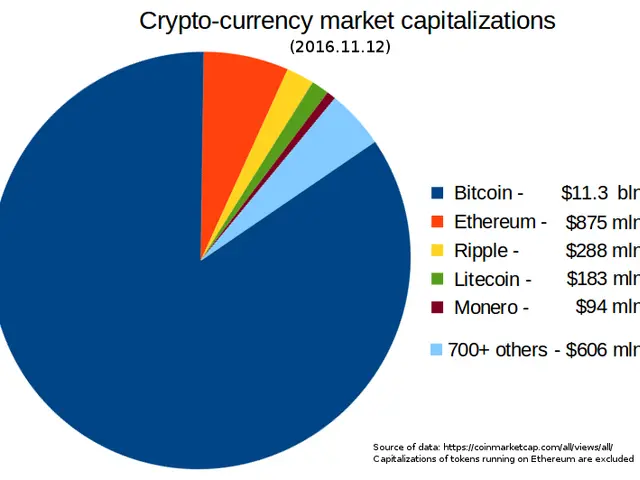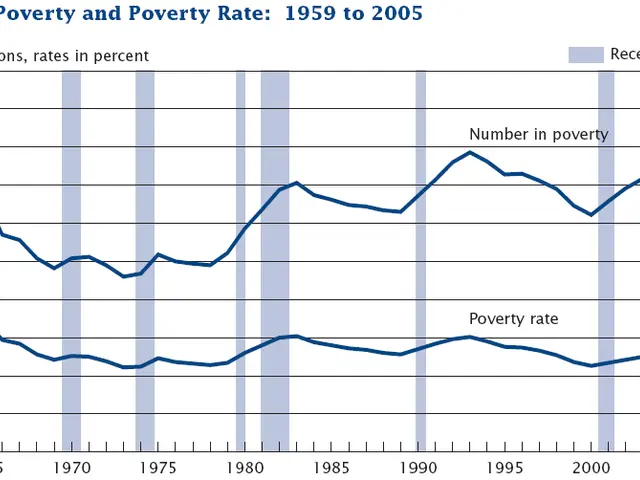Obama and Biden administrations allegedly coerced bank executives into denying services to conservative individuals and organizations.
In the realm of American banking, the concept of "reputational risk" has been a contentious issue. This term, once used as a criterion for denying services, has been under scrutiny due to its potential misuse.
During the period between the 2020 presidential election and Trump's return to the Oval Office in 2024, negative news coverage was considered a factor for "reputational risk". Banks allegedly used this pretext to debank conservatives, according to a senior banking executive.
This practice, often referred to as "Operation Choke Point", was initially a federal initiative started during the Obama administration. Led by the Department of Justice under Attorney General Eric Holder and the FDIC, it aimed to combat consumer fraud. However, it ended up pressuring banks and payment processors to cut off access to banking for lawful but politically or regulatorily disfavored businesses, such as firearms dealers and payday lenders, without evidence of illegal activity.
The original Operation Choke Point was criticized for lacking proper legal authority and overstepping its mandate under FIRREA, as stated in a 2014 House Committee report. The operation was ended in 2017 by President Trump, who described it as misguided.
Despite its official end, the underlying practices of politically motivated debanking persisted. This evolution, known as "Operation Choke Point 2.0", has had a notable impact on emerging industries like cryptocurrency. Crypto firms and other disfavored businesses have faced systemic denial of banking services, severely disrupting their access to basic financial infrastructure.
Recently, President Trump issued an executive order targeting discriminatory debanking practices, mandating federal regulators to ensure fair banking based on objective, individualized risk analysis, and aiming to curb politicized denial of banking services.
Notable banks like CitiGroup have committed to combat the practice of debanking. JPMorgan Chase, Bank of America, and PNC Bank have all taken steps to reassure customers that they do not discriminate based on political or religious views.
However, accusations have been made that former President Joe Biden had rebooted Operation Choke Point and targeted crypto firms for debanking as part of "Operation Choke Point 2.0". Both PNC and the White House declined to comment on these allegations.
The impact of these operations includes damaging the ability of legitimate businesses in lawful and heavily regulated sectors to operate financially, political and religious discrimination via banking access restrictions, undermining public trust in the banking system and regulatory agencies, and continued challenges for industries like crypto and fintech.
The ongoing debates over banking fairness and regulatory overreach have led to the emergence of a further step, termed "Choke Point 3.0". Major banks like JPMorgan Chase are accused of applying restrictive fees and data limitations targeting crypto and fintech firms, exacerbating access problems for these sectors.
In summary, Operation Choke Point began as a government effort against fraud but morphed into a controversial tool for political and industry-based debanking. Operation Choke Point 2.0 extends these patterns, especially impacting the crypto industry. Both have had significant consequences on market access, financial inclusion, and political equality within U.S. banking services.








